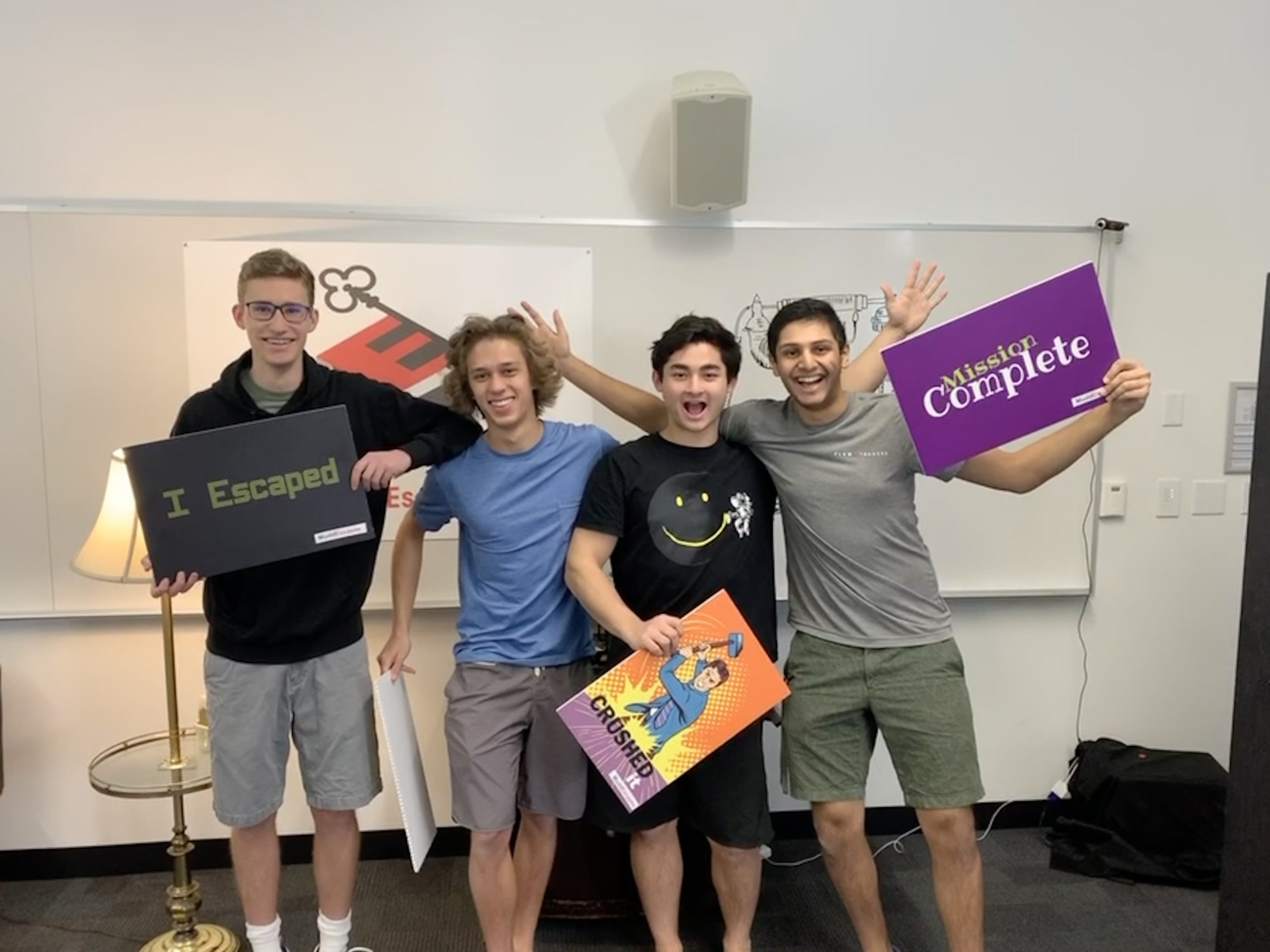HSA Concentrations: Political Science
December 14, 2022
Today’s HSA post is a conversation with Liam Chalk, a senior whose concentration is political science.
How did you pick political science for your concentration?
I grew up in Washington, DC, so I’ve always been interested in political science. My parents have worked in government adjacent roles, they don’t work directly for the government, but they do work that’s related to public policy. I grew up doing Model UN and political debate in high school as well. I really enjoyed that. We had weekly meetings for political debate and discussed different current topics and debated between different viewpoints that people had. That was just a great way for me to be motivated to learn more about what’s going on in government and get involved in different issues. And to know how to debate them well. So when I came to college, of course I’m doing a STEM Major, engineering, but I still wanted to be involved in writing and reading about political science and current events. So I thought being a political science concentration would help me do that. And I just thought some of the courses were interesting.

What classes have you taken inside the concentration? Do you have a favorite?
For my HSA10 [Core HSA class], we were looking at militarization in Asia and the Pacific Islands. Which is actually an Asian Asian-American studies class, not a political science class. It’s got, of course, a lot of related political science topics in terms of US involvement in Asia, Japan, Guam, and other islands. After World War II, they essentially became American colonies and were kind of influenced by a very pro-American sentiment. The American military operated out of the Philippines and Guam and continues to operate in Guam and Hawai’i. That was very interesting, as kind of my first political science related class at Harvey Mudd.
I’ve also taken Public Speaking with Prof. Steinberg. Also not strictly a political science class, but I did a lot of my talks on political issues, and that really helped me know how to research and make convincing arguments about the political topics. In terms of actual political science, I’ve taken Government 20, which is Introduction to American Government at Claremont McKenna. That was over Zoom, it was okay–the readings were interesting and some of the talks in class were interesting. It wasn’t as engaging because it was on Zoom. And then two classes I really enjoyed taking were with Professor Terril Jones at Claremont McKenna. He’s a retired journalist who now teaches at Claremont McKenna. He teaches, I think it’s called the Craft of International Political Journalism. He teaches one of those classes for breaking news stories and one for longer form journalism. So I took the longer form journalism class sophomore spring, on zoom as well. I really enjoyed writing and discussing current issues in class. And now, I’m taking the breaking news version of that class, which is in person, and I’m really enjoying that. I’ve gotten to go to a lot of talks to hear experts talk about certain topics. Just yesterday I went to a talk on Taiwan and Nancy Pelosi’s visit to Taiwan. That was by Professor Pei, who’s a Claremont McKenna Professor, but also one of the experts on Taiwan policy and China policy overall in the United States. Yeah, just stuff like being able to research different stories has been really great.
What types of resources have you used to plan your concentration?
My HSA advisor is Professor Flores, who was on sabbatical last year so I had a different advisor during that time. But I think he was helpful in preparing for my sophomore year, very helpful at kind of recommending classes, and just asking questions, so I could reflect on what I wanted to get out of the HSA program, and what kind of topics I was interested in. So we had some good discussions on that. I would say, most of my preparation and searching for classes has mostly been either me working online and seeing what classes are available, or talking with people who recommend classes to me directly. I think that’s the best way, advisors are great at planning for classes you want to take, but you really only hear what a student’s experience is like from doing your own research or hearing from other students.
Do you have any advice for prefrosh?
I would recommend choosing a concentration on something you’re passionate about, something that you look forward to once you’re burnt out of STEM classes. Definitely don’t consider it a break from classes, but consider it like switching gears to use your brain to think about something else. I think a lot of people, if they were to just take some classes at Harvey Mudd would feel like it’s monotone in terms of, like classes are taught the same way, you think the same way, you approach problem sets in a similar way. HSA classes allow you to have a different frame of thought, and to talk with different people about different ideas. You can actually have a discussion and have a debate and disagree about things. If you disagree about things in a math class, it’s probably because somebody’s got the wrong answer.It’s also been a way for me to get off campus. I took a lot of Claremont McKenna classes, I took one Pitzer class, and I hope to take either a Pomona or Scripps class next semester, just to try new things. I think it’s a great way to make new friends and meet new people off campus as well.